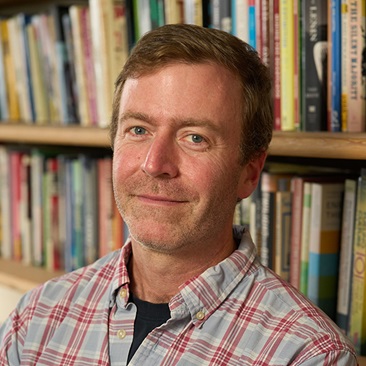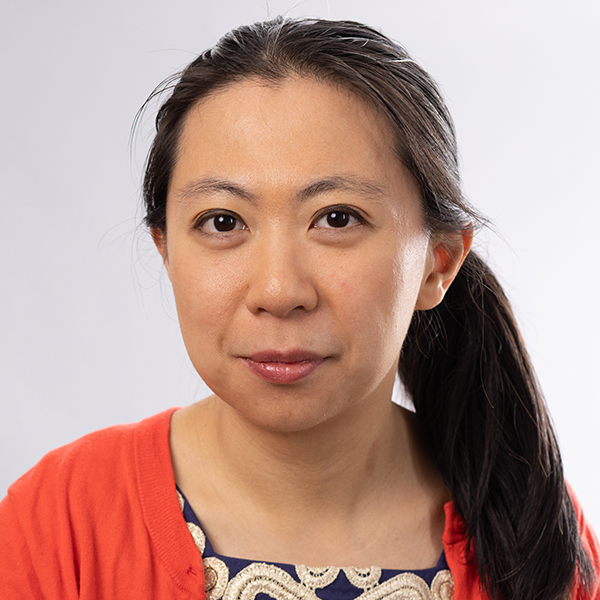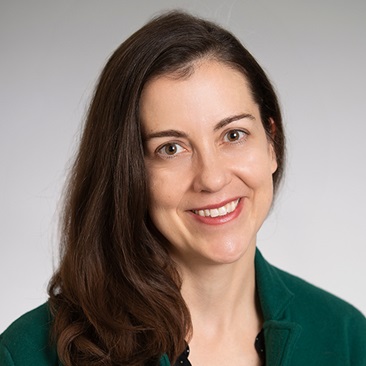full-time faculty teaching and conducting research in political science
of Maxwell faculty conduct research focused outside of the U.S.
graduate students in residence; fewer than 12 admitted each year
Undergraduate Studies
Graduate Studies

I am Maxwell.
Civic engagement is a core value for me. I have always aspired to help the communities I’m from.” Mazaher Kaila, a Maxwell alumna and third-year student at Syracuse University's College of Law, moved with her family from Sudan to Central New York when she was four years old. “I realized that to make meaningful change in society, I needed to understand the systems that power it—government and politics—and that’s insight I would gain by studying political science.”
Mazaher Kaila ’19, L’22
political science, law
Misunderstanding the Harms of Online Misinformation
Ceren Budak, Brendan Nyhan, David M. Rothschild, Emily Thorson, Duncan J. Watts
Nature, June 2024
The controversy over online misinformation and social media has opened a gap between public discourse and scientific research. Public intellectuals and journalists frequently make sweeping claims about the effects of exposure to false content online that are inconsistent with much of the current empirical evidence.
Here we identify three common misperceptions: that average exposure to problematic content is high, that algorithms are largely responsible for this exposure and that social media is a primary cause of broader social problems such as polarization.
In our review of behavioural science research on online misinformation, we document a pattern of low exposure to false and inflammatory content that is concentrated among a narrow fringe with strong motivations to seek out such information. In response, we recommend holding platforms accountable for facilitating exposure to false and extreme content in the tails of the distribution, where consumption is highest and the risk of real-world harm is greatest.
We also call for increased platform transparency, including collaborations with outside researchers, to better evaluate the effects of online misinformation and the most effective responses to it. Taking these steps is especially important outside the USA and Western Europe, where research and data are scant and harms may be more severe.
Related News
Commentary

Aug 1, 2024
Commentary

Jul 31, 2024
Commentary

Jul 31, 2024
Commentary

Jul 30, 2024
BaoBao Zhang Joins First Cohort of AI2050 Early Career Fellows
One of only 15 scholars chosen from across the U.S., Zhang will receive up to $200,000 in research funding over the next two years. Zhang will use the funding to partner with the nonprofit, non-partisan Center for New Democratic Processes to test whether public participation in AI governance is increased through the creation of public assemblies, known as “deliberative democracy workshops.”
Baobao Zhang
Assistant Professor, Political Science Department

Misunderstanding the Harms of Online Misinformation
Ceren Budak, Brendan Nyhan, David M. Rothschild, Emily Thorson, Duncan J. Watts
Nature, June 2024
The controversy over online misinformation and social media has opened a gap between public discourse and scientific research. Public intellectuals and journalists frequently make sweeping claims about the effects of exposure to false content online that are inconsistent with much of the current empirical evidence.
Here we identify three common misperceptions: that average exposure to problematic content is high, that algorithms are largely responsible for this exposure and that social media is a primary cause of broader social problems such as polarization.
In our review of behavioural science research on online misinformation, we document a pattern of low exposure to false and inflammatory content that is concentrated among a narrow fringe with strong motivations to seek out such information. In response, we recommend holding platforms accountable for facilitating exposure to false and extreme content in the tails of the distribution, where consumption is highest and the risk of real-world harm is greatest.
We also call for increased platform transparency, including collaborations with outside researchers, to better evaluate the effects of online misinformation and the most effective responses to it. Taking these steps is especially important outside the USA and Western Europe, where research and data are scant and harms may be more severe.
Related News
Commentary

Aug 1, 2024
Commentary

Jul 31, 2024
Commentary

Jul 31, 2024
Commentary

Jul 30, 2024
